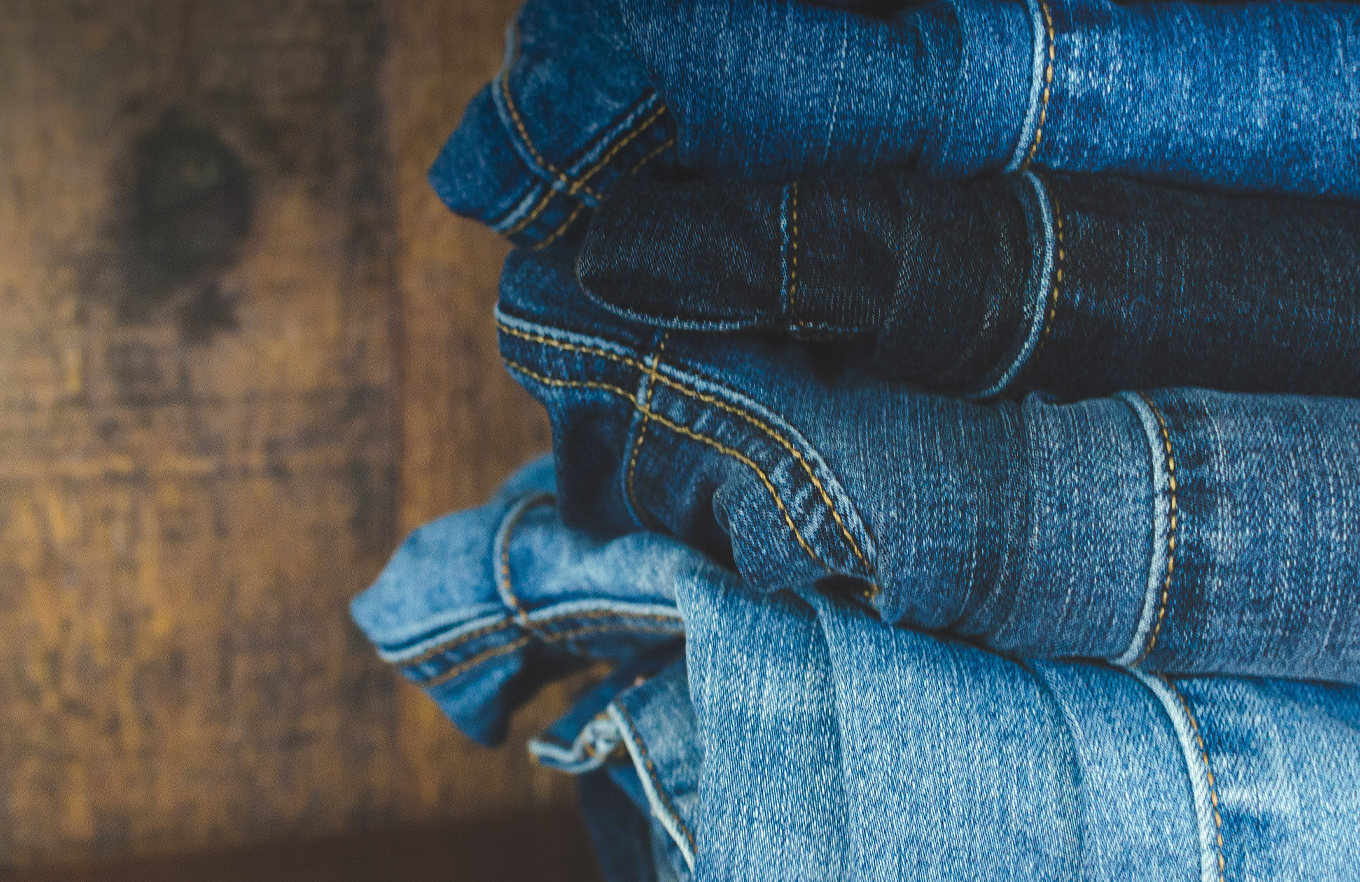October 13, 2025
The global fashion industry is undergoing a major shift toward conscious production, and sustainable apparel is at the heart of this transformation. As consumers become more aware of environmental impact, brands are prioritising eco-friendly fabrics, ethical sourcing, and reduced carbon footprints.
As we go deep into this, it becomes clear that sustainability is no longer optional; it’s a competitive advantage. For forward-thinking manufacturers like Samad Group, embracing sustainable apparel means not only protecting the planet but also boosting profitability and building long-term business resilience in a rapidly evolving market.
The global demand for sustainable apparel is rising exponentially, driven by changing consumer behaviour and stricter environmental standards. Investing in eco-friendly production processes reduces long-term costs, enhances operational efficiency, and opens new market opportunities. A textile manufacturer in Pakistan that prioritizes sustainability can attract premium clients from Europe and North America, where buyers prefer ethically made products. Moreover, waste reduction and energy-efficient systems cut overhead expenses, making sustainability both a moral and financial win for businesses.
Samad Group of Industries, known for its forward-looking approach, has successfully aligned eco-conscious practices with profitability, setting an example for others in the region. Their model demonstrates that sustainable investment isn’t just about compliance; it’s about creating measurable value that strengthens brand identity and customer trust.

In today’s saturated fashion market, standing out requires more than just quality fabrics. Brands are increasingly judged on how responsibly they operate. Manufacturers that deliver sustainable apparel are positioned as reliable partners to international labels seeking transparency and ethical production.
Samad Group has built a strong global reputation by focusing on innovation and environmental accountability. Their success highlights how sustainable practices can elevate a brand’s image, attract long-term contracts, and foster customer loyalty. A textile manufacturer in Pakistan that demonstrates social responsibility gains access to international buyers who view sustainability as a requirement, not a bonus.
When sustainability becomes part of a company’s DNA, it leads to stronger partnerships, higher product value, and better recognition in global markets. This not only enhances a brand’s identity but also safeguards its relevance in an industry that’s quickly evolving toward responsible fashion.
Sustainability thrives on innovation. Modern manufacturers are exploring recycled fibers, organic cotton, biodegradable dyes, and advanced water management systems to reduce their environmental impact. By integrating technology into sustainable apparel manufacturing, companies can achieve higher productivity with lower waste and emissions.
Samad Group of Industries continues to invest in research and modern equipment that supports eco-friendly manufacturing.
For example, automated dyeing systems and renewable energy use minimize waste while maintaining high product quality. These investments lead to consistent results, cost savings, and long-term operational sustainability.
For a textile manufacturer in Pakistan, adopting similar technologies enhances competitiveness on a global scale. With sustainability as a guiding principle, innovation becomes the driving force that differentiates progressive manufacturers from traditional ones still reliant on outdated processes.

As global regulations tighten, meeting sustainability standards has become crucial for manufacturers looking to export apparel. Governments and international trade bodies are enforcing stricter compliance policies that demand transparency in sourcing, labor, and environmental protection. Manufacturers that meet these standards can operate freely in global markets without facing trade restrictions.
Samad Group has made compliance a cornerstone of its production strategy, ensuring that every step aligns with international certifications and safety standards. This not only strengthens their global standing but also positions them as a trusted supplier among eco-conscious brands worldwide.
For a textile manufacturer in Pakistan, staying compliant with environmental laws, fair labor regulations, and sustainable production frameworks enhances credibility. It also provides access to larger export opportunities and partnerships with high-profile clients seeking responsible manufacturing partners.

Investing in sustainable apparel manufacturing provides both immediate and long-term benefits. In the short term, companies experience lower resource costs through efficient material usage and energy conservation. Over time, these savings compound, leading to higher profit margins. More importantly, sustainable manufacturing builds long-term business resilience, enabling companies to thrive even as global markets evolve.
Samad Group of Industries demonstrates how eco-conscious operations can strengthen financial health while protecting natural resources. Their approach reflects a future where profitability and environmental stewardship go hand in hand. For other manufacturers, the message is clear: sustainability isn’t an added cost; it’s a profitable strategy that ensures longevity and relevance in an increasingly competitive industry.
Join Samad Group in redefining responsible fashion. Contact us today to discover how sustainable apparel manufacturing can elevate your business success.
The shift toward sustainable apparel represents more than a trend; it’s a transformation shaping the future of the global textile industry. For any textile manufacturer in Pakistan, the business value lies in aligning eco-friendly production with innovation, compliance, and brand excellence. Samad Group stands as proof that adopting sustainability leads to financial strength, market expansion, and environmental responsibility. The brands that choose this path aren’t just making clothes, they’re creating a better, more sustainable world for the generations ahead.
Investing in sustainable apparel manufacturing reduces waste, attracts eco-conscious buyers, and improves brand image. It also lowers long-term operational costs through efficient resource management.
Manufacturers can adopt sustainability by using eco-friendly materials, renewable energy, and ethical production systems. Collaborating with industry leaders like Samad Group of Industries can help streamline this transition.
Global demand for sustainable apparel is rising as consumers prefer ethically produced fashion. This growing awareness is driving manufacturers to adopt responsible practices for long-term competitiveness.